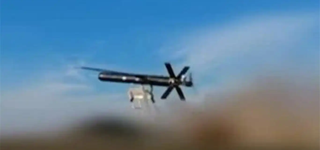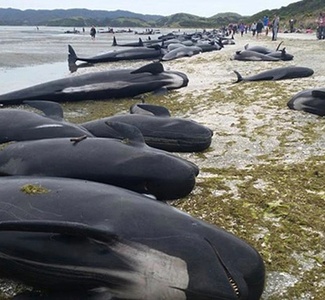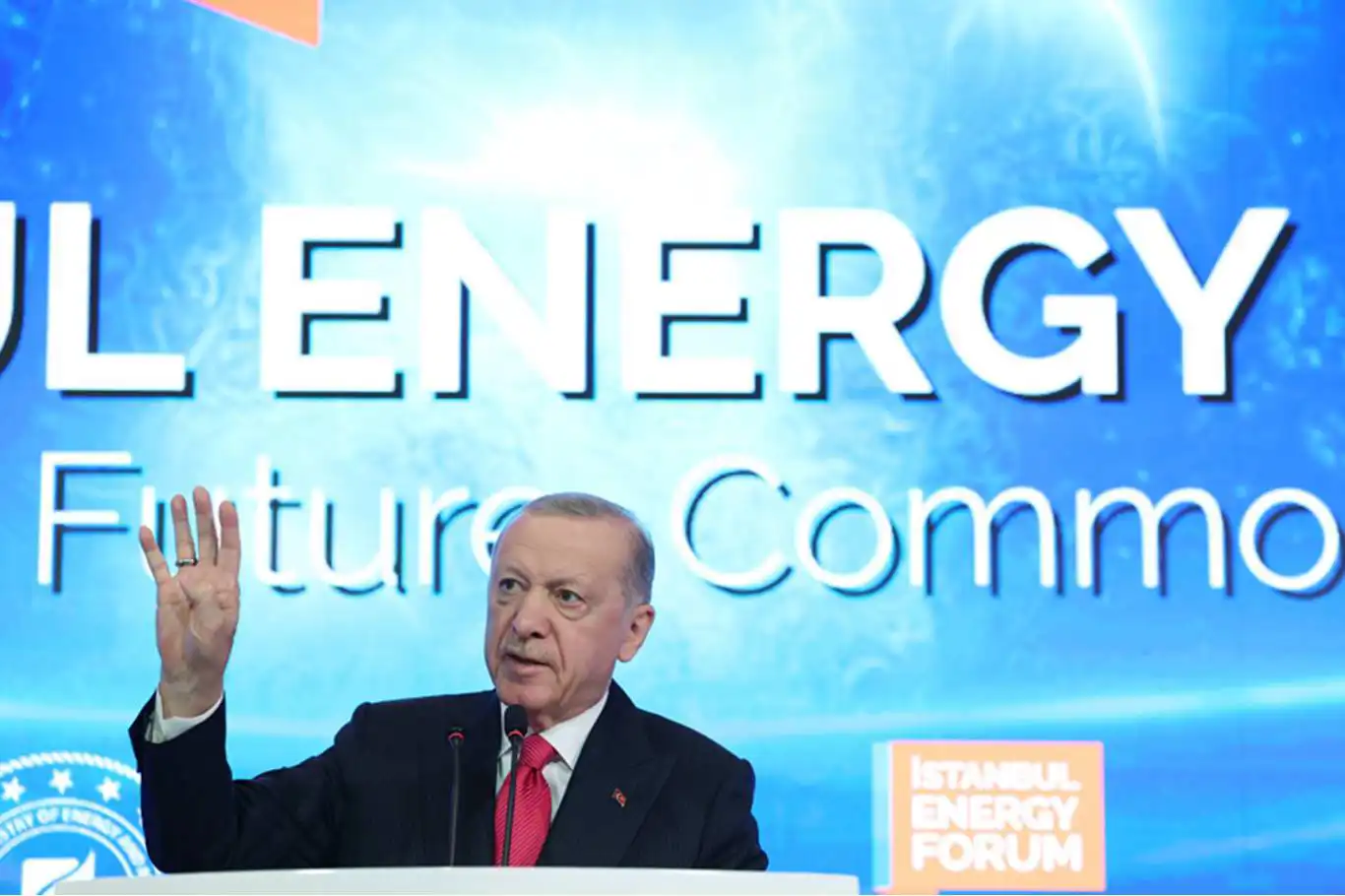Japan's moon landing mission delayed due to high winds
The much-anticipated launch of Japan's pioneering moon landing mission has encountered an unexpected hurdle, Japanese officials said.

 Google News'te Doğruhaber'e abone olun.
Google News'te Doğruhaber'e abone olun. Officials from Japan's space agency announced on Monday that the scheduled liftoff of their ambitious project, intended to mark the nation's inaugural successful moon landing, will be postponed. The primary reason behind this delay is the presence of formidable high-altitude winds that have rendered the launch conditions unsuitable.
The mission, named the Smart Lander for Investigating Moon (SLIM), is a crucial step in Japan's space exploration endeavors. As per the revised timeline, the launch of SLIM is now slated for mid-September. With a favorable trajectory, the spacecraft could potentially make its lunar landing as early as January 2024.
Should Japan achieve this feat, it will join an exclusive group of nations that have accomplished the intricate task of executing a soft landing on the moon. The ranks of lunar explorers include prominent names such as the United States, the former USSR, China, and the most recent addition, India. Interestingly, India's successful Chandrayaan-3 lunar expedition earlier this month stands in stark contrast to Japan's recent setbacks in its cosmic pursuits.
This delay, while disappointing, underscores the complexities of space exploration and the challenges that nations must navigate to realize their lunar ambitions. Japanese space enthusiasts and the global space community eagerly await further updates as Japan strives to cement its place among lunar pioneers.
The SLIM mission is designed to study the moon's surface and atmosphere. The spacecraft is equipped with a variety of instruments, including cameras, spectrometers, and a radar altimeter. SLIM will also carry a small rover that will be deployed on the moon to conduct further exploration.
The mission is part of JAXA's Artemis program, which aims to return humans to the moon by 2025. SLIM is a critical step in this effort, as it will help to gather data and prepare for future missions. (ILKHA)



















































